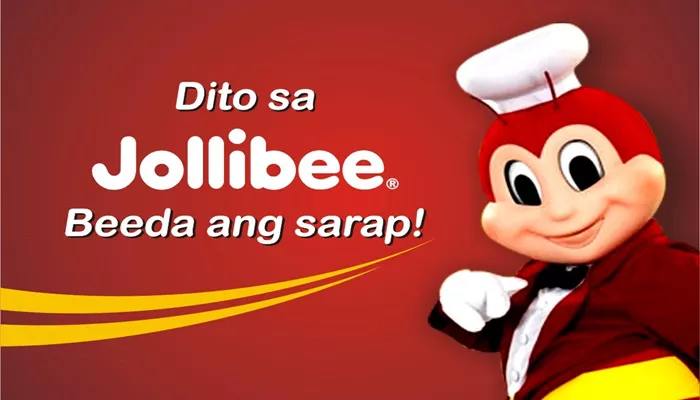Jollibee Foods Corporation, commonly known as Jollibee, is a prominent fast-food chain based in the Philippines, renowned for its unique offerings that blend Western fast food with Filipino flavors. Established in 1978, Jollibee has grown from a single ice cream parlor into a global brand with over 1,400 stores in the Philippines and around 270 international locations across various countries. The company is best known for its signature fried chicken, Chickenjoy, which has become a staple in Filipino cuisine and a favorite among customers worldwide.
To maintain the high quality and safety standards that Jollibee is famous for, the company has developed a robust supply chain for its chicken products. This article will delve into the primary chicken supplier of Jollibee, exploring the partnership with Cargill Joy Poultry Production (C-Joy) and the operational dynamics behind this collaboration.
The Partnership with Cargill
Overview of Cargill
Cargill is one of the largest privately held corporations in the United States, specializing in agribusiness, food production, and trading.
Founded in 1865, Cargill operates globally and has established itself as a leader in sustainable agricultural practices. In the Philippines, Cargill has been instrumental in enhancing local food systems through various initiatives aimed at improving food security and sustainability.
Formation of C-Joy
In 2017, Jollibee Foods Corporation entered into a joint venture with Cargill to establish Cargill Joy Poultry Production (C-Joy). This partnership was created to streamline the supply of chicken to Jollibee’s extensive network of restaurants. The joint venture operates on a 70:30 ownership structure, with Jollibee holding the majority stake. This strategic alliance allows Jollibee to leverage Cargill’s expertise in poultry production while ensuring that its chicken supply meets the company’s stringent quality standards.
Operations of C-Joy
C-Joy operates one of the largest poultry processing plants in the Philippines, located in Sto. Tomas, Batangas. This facility is capable of processing up to 50 million birds annually. The plant not only supplies whole chickens but also provides marinated and dressed chicken products tailored to Jollibee’s menu requirements. By having an integrated supply chain through C-Joy, Jollibee can ensure consistency in flavor and quality across all its outlets.
Quality Control Measures
Commitment to Quality
Jollibee’s commitment to quality is evident in its rigorous standards for sourcing chicken. The company emphasizes the importance of food safety and quality assurance throughout its supply chain. With C-Joy managing poultry production, Jollibee benefits from Cargill’s extensive experience and established protocols for ensuring product safety.
Sustainable Practices
Both Jollibee and Cargill are dedicated to sustainability. The partnership focuses on responsible sourcing practices that minimize environmental impact while supporting local farmers. C-Joy collaborates with approximately 100 farm partners primarily located in Central Luzon and Calabarzon regions. These partnerships are designed to enhance the local economy while ensuring a steady supply of high-quality chicken.
Challenges in Chicken Supply
Recent Supply Chain Issues
Despite its robust supply chain, Jollibee has faced challenges related to chicken supply shortages due to increased consumer demand and market fluctuations. In recent statements, Jollibee acknowledged that some stores experienced temporary shortages of chicken products.
This situation arose from difficulties in sourcing sufficient quantities of chicken that meet their high standards.
Response Strategies
To address these challenges, Jollibee has been actively working with its suppliers to improve supply chain efficiencies. The company is focused on enhancing its relationships with farmers and optimizing production processes at the C-Joy facility. By investing in better logistics and procurement strategies, Jollibee aims to mitigate future supply disruptions.
The Role of Local Farmers
Empowering Smallholder Farmers
A significant aspect of Jollibee’s chicken supply chain involves collaborating with smallholder farmers through initiatives like the Farmer Empowerment Program (FEP). This program provides training, resources, and market access to local farmers, fostering long-term partnerships that benefit both parties. By sourcing directly from these farmers, Jollibee not only secures a reliable supply of chicken but also contributes to community development.
Economic Impact
The collaboration with local farmers supports economic growth within rural communities by providing them with stable income opportunities.
This approach aligns with Jollibee’s broader commitment to corporate social responsibility and sustainable business practices.
Conclusion
Jollibee’s partnership with Cargill Joy Poultry Production exemplifies how strategic alliances can enhance operational efficiency while maintaining high standards for product quality and safety. Through this collaboration, Jollibee ensures that its beloved Chickenjoy remains a top choice for customers both locally and internationally.
The company’s dedication to sustainability and community empowerment further strengthens its position as a leader in the fast-food industry. As it navigates challenges within the supply chain landscape, Jollibee continues to innovate and adapt, ensuring that it meets consumer demands while upholding its commitment to quality and sustainability.
Related topics:
- Who Is The CEO of Max International?
- In What Countries Are Max Burgers?
- When Is The Buffalo Chicken Sandwich at Whataburger?

